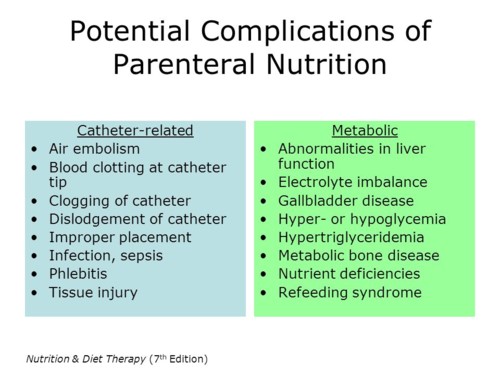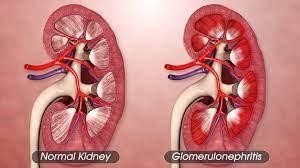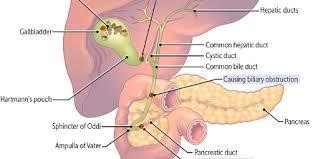While caring for a client receiving total parenteral nutrition (TPN), it is most important for the nurse to monitor which of the client's lab values?
Urinary ketones.
Serum protein.
Serum osmolarity.
Capillary glucose.
The Correct Answer is C
Choice A
Urinary ketones are not most important. Monitoring urinary ketones can provide information about the utilization of glucose and fat as energy sources. However, it is not the primary lab value to monitor in TPN administration.
Choice B
Serum protein is not most important. Monitoring serum protein levels is important to assess nutritional status, but it might not be as immediate a concern as serum osmolarity.
Choice C
Serum osmolarity is the most important. When caring for a client receiving total parenteral nutrition (TPN), monitoring serum osmolarity is most important. TPN is a highly concentrated solution containing various nutrients, and it is infused directly into the bloodstream. Serum osmolarity reflects the concentration of particles (such as electrolytes, glucose, and other solutes) in the blood. Monitoring serum osmolarity is crucial to prevent complications related to fluid and electrolyte imbalances that can arise from the administration of TPN.
Choice D
Capillary glucose is not the most important. Monitoring capillary glucose levels is important, especially in clients receiving TPN with added glucose. Hyperglycaemia is a potential complication of TPN. While glucose monitoring is important, it is secondary to monitoring serum osmolarity, which encompasses a broader range of solute concentrations.

Nursing Test Bank
Naxlex Comprehensive Predictor Exams
Related Questions
Correct Answer is C
Explanation
Choice A
Following low carbohydrate diet with low glycaemic index foods is incorrect. This recommendation is not specifically related to the management of glomerulonephritis. While managing carbohydrate intake might be relevant for individuals with diabetes, it's not the primary focus for someone with kidney inflammation.
Choice B
Eating a high protein diet three times a day is incorrect: While protein is important for overall health and recovery, a high protein diet might not be the best recommendation for someone with compromised kidney function. Excessive protein intake could potentially put additional strain on the kidneys.
Choice C
Avoiding foods high in potassium is correct. Examples of foods high in potassium that the client should be cautious about include bananas, oranges, potatoes, tomatoes, spinach, and other fruits and vegetables. Glomerulonephritis is a condition involving inflammation of the glomeruli in the kidneys, which can affect kidney function and the regulation of electrolytes, including potassium. In glomerulonephritis, the kidneys might have difficulty filtering and excreting excess potassium, leading to a potential build-up of potassium in the blood (hyperkalaemia).
Choice D
Restricting sodium rich foods and excessive oral fluids is incorrect. This recommendation aligns more closely with managing fluid retention and blood pressure, which can be relevant for individuals with kidney issues. However, the primary concern in glomerulonephritis is often potassium balance, making the recommendation to avoid high potassium foods more pertinent.

Correct Answer is C
Explanation
Choice A
Beef broth should not be omitted. Generally, clear broths like beef broth are lower in fat and may be a better choice for someone with cholelithiasis compared to creamy or fatty foods.
Choice B
Ketchup should not be omitted. Ketchup is not typically high in fat and may not be a significant concern for someone with cholelithiasis.
Choice C
Ice cream should be omitted. Cholelithiasis refers to the presence of gallstones in the gallbladder. Gallstones can form from substances in the bile, and certain foods can trigger symptoms in individuals with gallbladder issues. One of the common triggers is high-fat foods, which can cause the gallbladder to contract and potentially lead to pain or discomfort.
Choice D
Bread should not be omitted. While bread contains some fat, it's not as high in fat as ice cream. The focus for individuals with cholelithiasis is often on high-fat foods rather than moderate-fat foods like bread.

Whether you are a student looking to ace your exams or a practicing nurse seeking to enhance your expertise , our nursing education contents will empower you with the confidence and competence to make a difference in the lives of patients and become a respected leader in the healthcare field.
Visit Naxlex, invest in your future and unlock endless possibilities with our unparalleled nursing education contents today
Report Wrong Answer on the Current Question
Do you disagree with the answer? If yes, what is your expected answer? Explain.
Kindly be descriptive with the issue you are facing.
